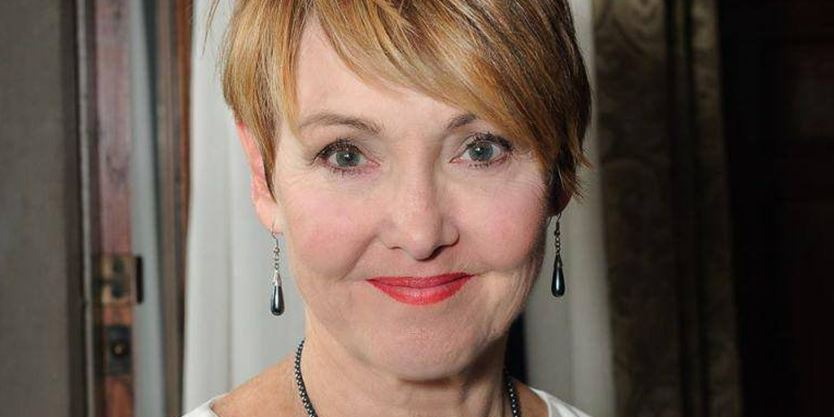A citizens’ environmental group is calling on the Town of Collingwood to put its money where its mouth is on the issue of climate change.
Collingwood Climate Action Team (CCAT), a group formed in 2019 to raise awareness of climate issues, says council needs to consider hiring a climate change specialist as part of the town’s 2021 spending plans.
David Ohrling, who leads CCAT’s community engagement group, said council should view the position as an investment, rather than a cost.

“If you invest $1 now in climate change mitigation, you save $6 later,” he said. “You can make the case that it’s an investment, and the potential is there as an investment to access funds that would be beneficial to the town.”
Council approved a motion declaring a climate crisis in 2019, and directed staff in July to sign the town on to the Federation of Canadian Municipalities Partners for Climate Protection. It also asked staff to create a three-year, part-time contract position to support “green” initiatives in the 2021 budget.
However, in the first budget overview presented to council in October, the position — pegged at a cost of $35,000 — was determined not to meet the threshold for a staff recommendation. In budget documents released on the town’s public-engagement website, , the position is now identified as costing $50,000 annually.
Coun. Deb Doherty questioned the recommendation in October, and told Simcoe.com the town needs a staff person to put a “green lens” on “everything we do,” including policies such as the cycling plan, urban tree canopy strategy, and the accommodation strategy.
Doherty said the responsibilities could fit into the job description of another position, such as the additional staff position being asked for within the facilities management division in 2021.
“Climate change mitigation has a cost. We’ve taken the line of least resistance for years, until we find ourselves in a position where we’re at a critical juncture (for greenhouse gases),” she said. “If we’re going to turn it around, we have to make an investment in turning it around.
“It’s one thing to make the declaration (of a climate crisis), but if you don’t provide some kind of affirmative action, it’s nothing but an empty motion.”
Ohrling said the position must be separate as it doesn’t fall into the responsibilities or agenda of any one department.
“There has to be an overarching lens … that should be incorporated into decisions and how they’re made,” he said.
Having the position in place would also allow the town to chase after funding programs that address climate change issues from other levels of government, he added.
“Everybody is recognizing there’s a problem and we need to move in a certain direction, but the town needs someone who can oversee that work if we’re going to do it effectively,” he said. “It needs to be looked at as an investment; these things are looked at as liabilities and costs, and the reality is the potential liability to the town is fairly significant.”
